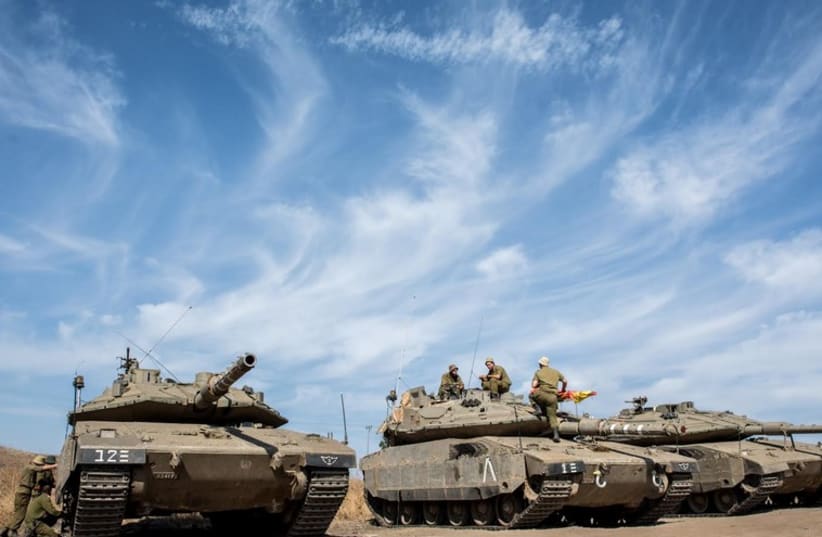Defense Ministry seeks to end years of uncertainty over Israel's war preparedness
New bill would “regulate the division of labor and missions” between state institutions, local government, emergency services, and economic bodies, the ministry claims.
